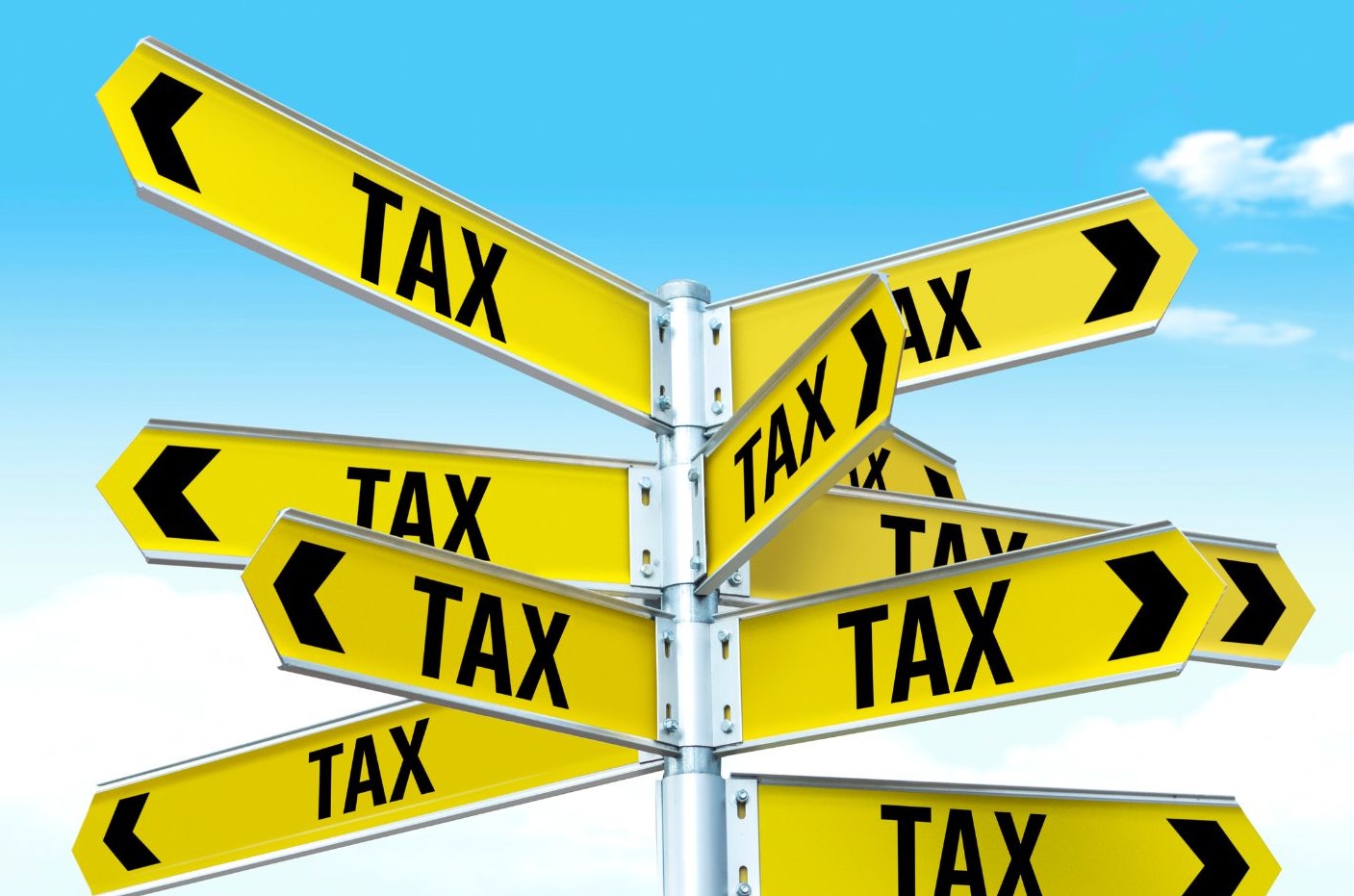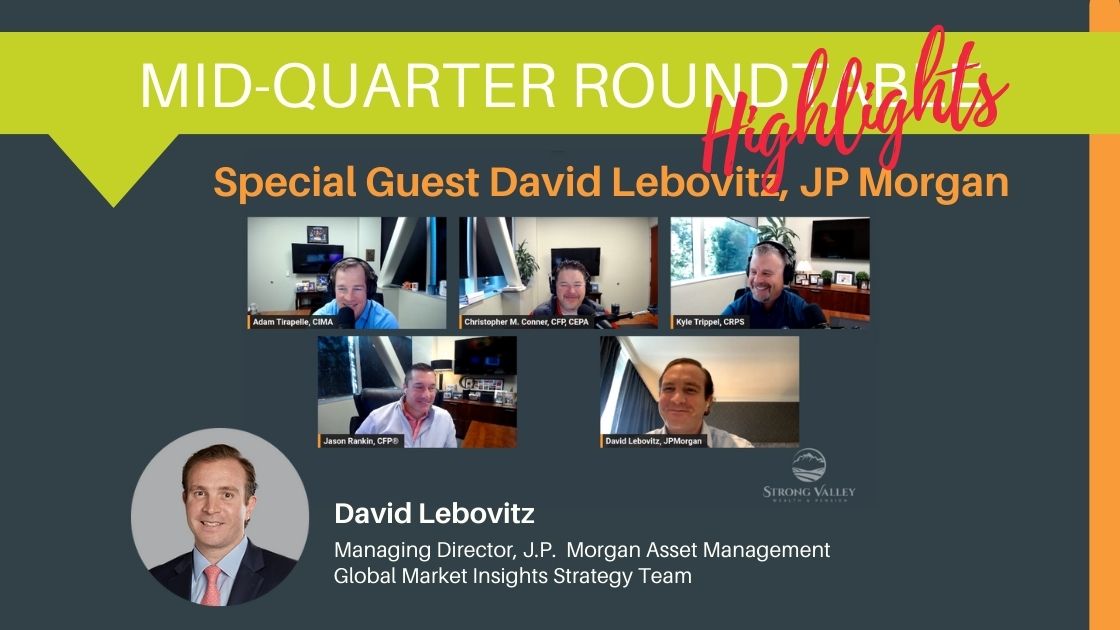You are now leaving the Strong Valley Wealth & Pension, LLC ("Strong Valley") website. By clicking on the "Schwab Alliance Access" link below you will be entering the Charles Schwab & Co., Inc. (“Schwab”) Website. Schwab is a registered broker-dealer, and is not affiliated with Strong Valley or any advisor(s) whose name(s) appears on this Website. Strong Valley is/are independently owned and operated. Schwab neither endorses nor recommends Strong Valley. Regardless of any referral or recommendation, Schwab does not endorse or recommend the investment strategy of any advisor. Schwab has agreements with Strong Valley under which Schwab provides Strong Valley with services related to your account. Schwab does not review the Strong Valley website(s), and makes no representation regarding the content of the Website(s). The information contained in the Strong Valley website should not be considered to be either a recommendation by Schwab or a solicitation of any offer to purchase or sell any securities.

Trying to ignore our emotions and make cold and calculating decisions is fear-based behavior. Pursuing happiness doesn’t seem to be enough to make wise financial decisions. A mindset of gratitude has recently been shown to give people the patience to handle money better.

Do you want to more easily change your over-spending behavior? According to research, maybe all you need is to count your life’s blessings. A mindset of gratitude gives people the patience to handle money better.
Before you brush this idea aside as just another feel-good theory, consider a study that suggests practicing gratitude is a powerful way to increase your happiness and decrease temptations. Northeastern University's David DeSteno led the research project, which was published in the Journal of Psychological Science.
Many of us believe we ought to make decisions, especially financial ones, logically rather than emotionally. We assume emotions get in the way of decision-making, so we try to set them aside. We may think the best way to resist temptation, such as wanting to buy something we can't afford, is to use self-control to clamp down our emotions.
Yet research has shown that emotions play a significant role in all our decision-making. Some of that research is also discussed in an article by Ray Williams published in Psychology Today.
Trying to ignore our emotions and make cold and calculating decisions is fear-based behavior. The gratitude research, however, suggests that emotions can be used instead to help us resist temptation. Perhaps being less fearful and more grateful can actually produce better decisions.
DeSteno’s study gave 75 participants a classic test of their financial self-control. They were told they could have either $54 right now or $80 in 30 days. The researchers placed the test subjects into one of three emotional states: grateful, happy or neutral.
Those who were either happy or neutral showed a strong preference for taking the $54 now. The fact that by waiting 30 days they would receive a one-month return of 48%, which is equal to an annualized return of 576%, wasn’t even a consideration. Behavioral economists tell us this is normal.
Our brains are generally wired to kill and eat. Having something now, even though it’s less, is better than having more later, even if it will be much more. That is some strong wiring.
However, the surprise was that the people in the state of gratitude were much more likely to wait 30 days to receive the $80. Results also showed that the more gratitude the participants reported feeling, the more willing they were to wait for the larger gain.
One conclusion of the study is that just cultivating the emotion of happiness isn’t enough to make wise financial decisions. It is specifically the emotion of gratefulness that makes a difference. According to one of the study’s authors, Professor Ye Li, this research opens up tremendous possibilities for reducing a wide range of societal ills from impulse buying and insufficient saving to obesity and smoking.
We don’t know why gratitude has this effect. Psychologist Dr. Jeremy Dean, in a post at PsyBlog about the research, says it may be because it makes us feel more social, co-operative and altruistic. In other words: gratitude may make us feel less selfish, which gives us more patience.
Should we wonder whether another possibility may be that feeling gratitude reminds us of how much we already have, which tends to reduce our desire to get something more?
If you'd like to do some experimenting of your own, consider practicing some gratitude exercises. Dr. Dean describes some at PsyBlog. These may be as simple as making daily lists of things you have to be grateful for. Possibly, fostering gratitude could do more than just promote happiness.
It might even change the way you spend and invest.
DeSteno, D., Li, Y., Dickens, L., & Lerner, J. S. (2014).
Gratitude: A Tool for Reducing Economic Impatience. Psychological Science, 25(6), 1262-1267.



